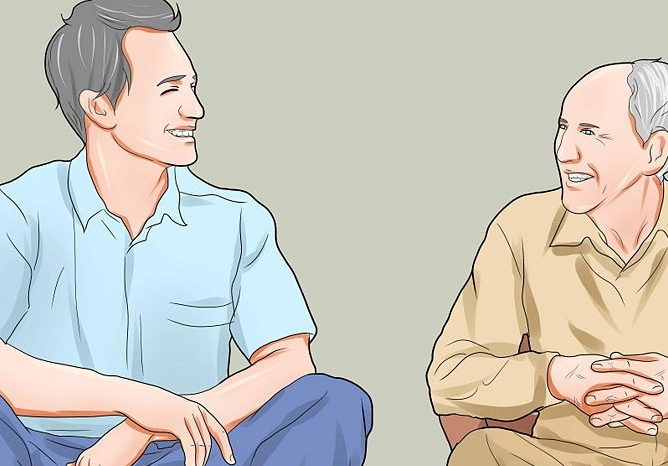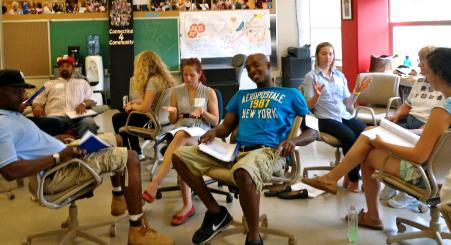CoCs are Cock: The Paradox of Enforcing Codes of Conduct
In the quest to create a harmonious environment, many institutions, corporations, and communities implement Codes of Conduct (CoCs). Designed to guide behaviour and promote respectful interaction, these rules have become standard procedure in many contexts. However, not everyone agrees with the sentiment behind them or the methods used to enforce them. In British slang, the phrase “CoCs are cock” might resonate with those who find themselves trapped by the paradox of trying to dissuade violence or improper conduct by enforcing sometimes rigid and demanding regulations.
The Ideals Behind Codes of Conduct
CoCs are generally conceived with good intentions. They aim to create an environment where everyone can feel safe, respected, and free from harassment. These principles are built around empathy, understanding, and the willingness to embrace diversity.
The Paradox: Obligation to Conform
The paradox arises when the enforcement of these principles takes on a form that may be perceived as violent or oppressive in itself. The need to conform, comply, and the often swift punishment for transgressions can lead to an atmosphere of fear or resentment. The very tools used to foster harmony can create discord.
1. Rigid Rules vs. Human Nature
People are diverse, complex, and often unpredictable. The rigid rules in some CoCs might not always allow for this diversity of human expression, leading to misunderstandings and perceived unfair treatment.
2. Suppression of Free Speech
While the intention is to prevent hate speech and promote respectful dialogue, the line between what is deemed offensive and what is an honest expression of opinion can be blurred. This might lead to the suppression of free speech and the stifling of genuine debate and growth.
3. Inconsistency in Enforcement
In some cases, the enforcement of CoCs might be inconsistent, leading to feelings of injustice. When rules are applied selectively or interpreted in different ways, it undermines the very principles they are supposed to uphold.
Finding the Balance
Finding the right balance between maintaining order and freedom is a complex challenge. CoCs should ideally be living documents, adapting and evolving with the community they serve. Open dialogue, transparency, flexibility, and a focus on education rather than mere punishment might be the keys to successful implementation.
Conclusion
The phrase “CoCs are cock” may be a colloquial way to express dissatisfaction with a system that sometimes seems paradoxical. While the goal of creating respectful and harmonious environments is noble, the approach to achieving this goal must be carefully considered. It’s vital to recognise that the path to a more compassionate community might require not rules but rather a deeper understanding of human nature, empathy, and the complex dynamics of human interaction. The paradox lies not in the intention but often in the implementation, and it’s a challenge that requires ongoing attention, reflection, and evolution.


